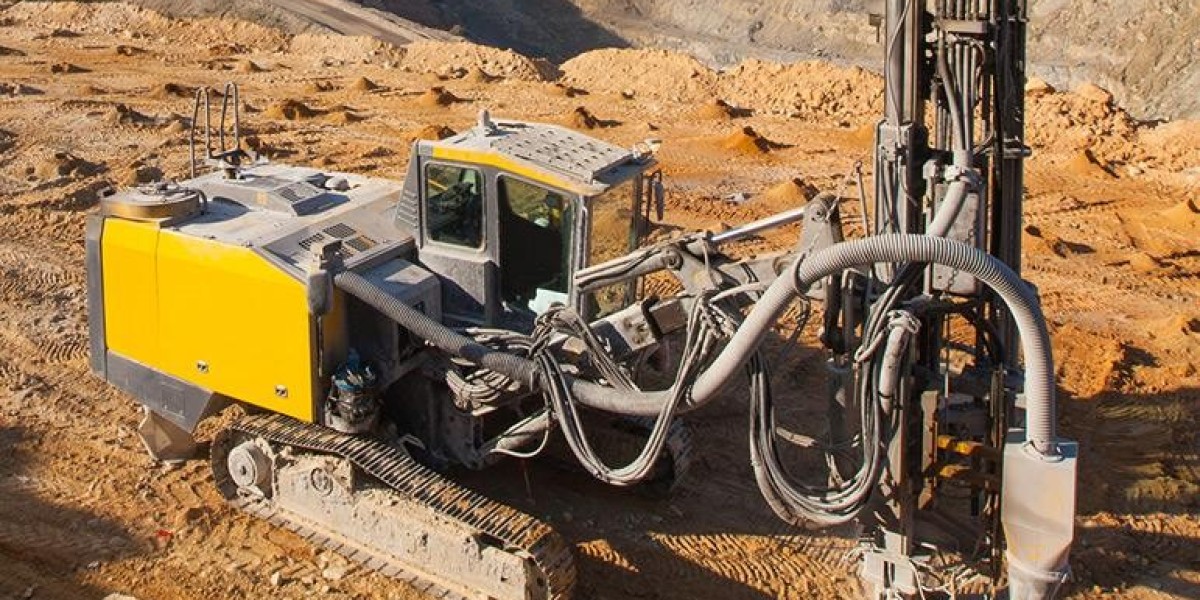How is AI Enhancing Diagnostic Accuracy in Medical Imaging?
Artificial intelligence (AI) is transforming the landscape of medical imaging by improving diagnostic accuracy and efficiency. AI-driven tools, such as deep learning algorithms, can analyze large sets of imaging data (e.g., X-rays, CT scans, and MRIs) faster and with more precision than human radiologists. These systems excel at detecting minute patterns in medical images that may be imperceptible to the human eye, significantly reducing diagnostic errors caused by human fatigue or oversight. For instance, AI-powered platforms like Vuno Med and DeepBrain Med have received FDA approval for their ability to classify neurodegenerative conditions like dementia with unprecedented accuracy
.
Innovations in AI-based imaging diagnostics include:
- AI-enhanced lesion detection: Tools that automatically highlight suspicious areas in scans for further investigation.
- Predictive analytics: AI systems use historical and real-time data to predict disease onset, offering early intervention strategies.
- AI-assisted mammography: Systems designed to improve breast cancer detection rates by enhancing image clarity and focus on malignant areas.
Top companies leading in AI-based medical imaging include GE Healthcare, Philips, and Siemens Healthineers, who are all leveraging AI to create more accurate, efficient, and scalable diagnostic tools.
2. How Are Portable MRI Systems Revolutionizing Access to Medical Imaging?
Portable MRI systems represent a breakthrough in medical imaging, allowing for flexible and mobile diagnostics. These machines can be transported to different healthcare settings, including rural or underserved areas, expanding access to vital imaging services. Traditional MRI machines are large and expensive, limiting their use to advanced medical centers. However, companies like Hyperfine and Siemens are now offering portable solutions that provide quality imaging in a smaller, more affordable package.
The portability of these systems enables:
- Immediate diagnostics in emergency settings: Portable MRIs are valuable in trauma or stroke cases where quick imaging is critical.
- Cost savings: By avoiding the need to transfer patients to large hospitals, these devices reduce operational costs.
- Flexibility for diverse applications: From brain imaging in field hospitals to mobile diagnostics in rural healthcare facilities, portable MRIs are a game-changer.
Key innovation: Hyperfine’s Swoop Portable MRI, an FDA-approved device, is compact and mobile, offering high-quality brain scans without the need for specialized facilities
.
3. What Are the Benefits of 3D Imaging Technology in Healthcare Diagnostics?
3D imaging technology is transforming healthcare by providing detailed visualizations that enhance diagnostic accuracy and treatment planning. Unlike traditional 2D images, 3D imaging allows doctors to view structures from multiple angles, providing a more comprehensive understanding of complex conditions. This is particularly useful in fields like orthopedics, oncology, and cardiology, where precision is paramount.
Benefits of 3D medical imaging include:
- Enhanced surgical planning: Surgeons can use 3D models to plan complex procedures, reducing risks and improving outcomes.
- Improved patient communication: 3D images make it easier to explain diagnoses and procedures to patients, improving their understanding and confidence.
- More precise diagnostics: 3D imaging allows for better detection of abnormalities, especially in dense tissue areas like the brain or chest.
Leading companies like GE Healthcare and Philips are at the forefront of developing advanced 3D imaging technologies. For example, Philips' Ingenia Elition MRI system delivers high-resolution 3D images, enhancing the clarity and detail of internal structures
.
4. What Are the Latest FDA-Approved AI Imaging Platforms, and How Are They Impacting Clinical Use?
Recent FDA-approved AI imaging platforms are reshaping clinical practice by enhancing the speed, accuracy, and accessibility of diagnostics. These platforms use deep learning algorithms to process complex imaging data, enabling faster diagnoses with fewer errors. For instance, Mobile.Viato by Siemens and Lunit’s AI radiology solutions have both received FDA approval, allowing healthcare providers to integrate AI-powered tools into daily clinical workflows.
Key features of these AI platforms include:
- Automated image analysis: AI tools can autonomously analyze medical images and highlight areas of concern, reducing the workload for radiologists.
- Real-time diagnostics: Some platforms offer immediate diagnostic feedback, which is especially useful in emergency departments.
- Increased precision in early disease detection: AI can detect early-stage conditions that may be difficult for human radiologists to identify, improving patient outcomes through early intervention.
These technologies are widely used in hospitals, diagnostic centers, and even portable imaging solutions. GE Healthcare and Vuno Med are among the top players driving innovation in this space.
| For more info. | Market Research | Related Report | Legal Marijuana Market | |
| Pharmacy Market | ||||
| Autologous Cell Therapy Market |


